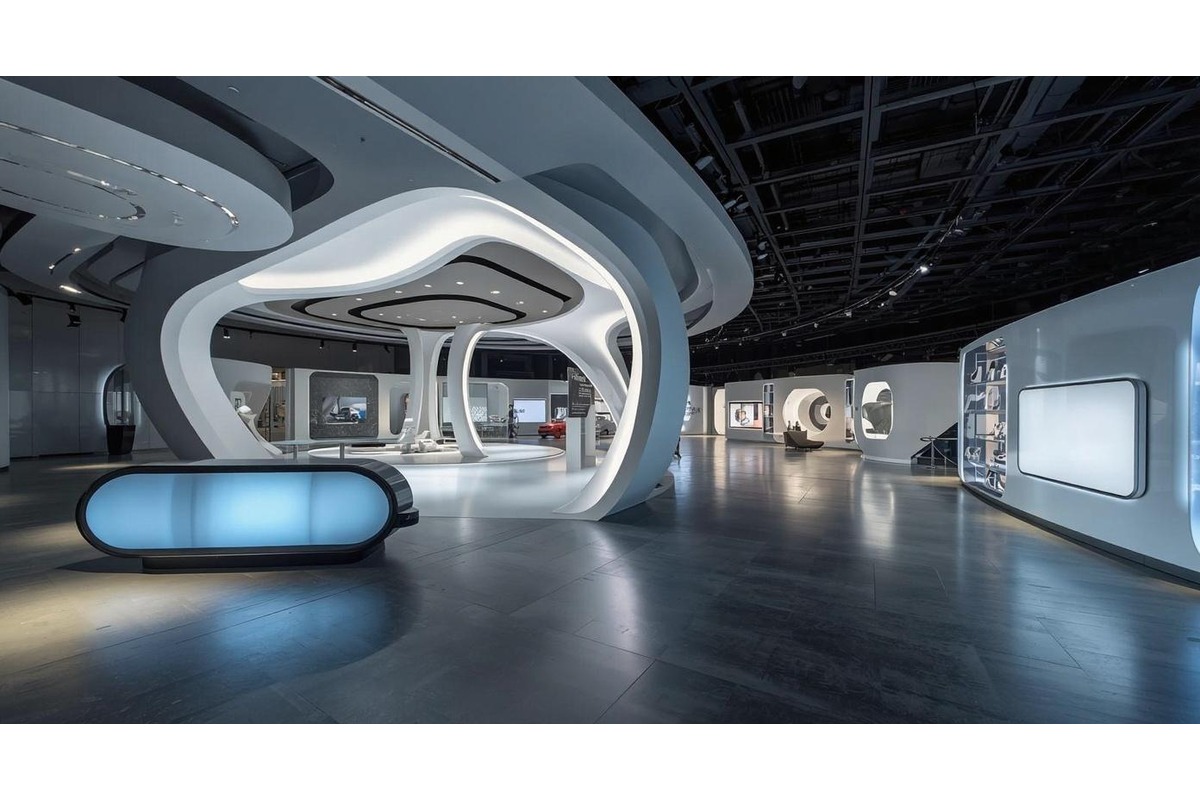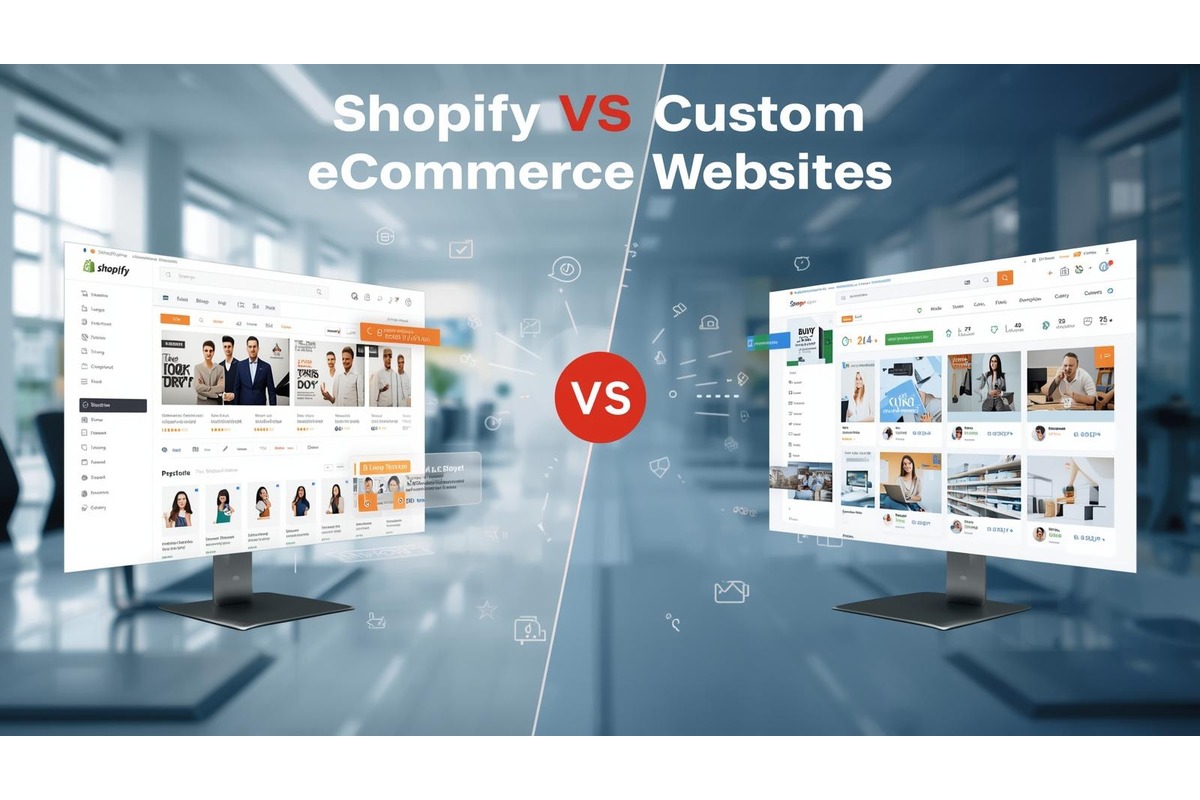
Pakistan Customs ne India se aane wali banned machinery ko pakad liya
- News
- Wickey Thom
- 2025-10-15
- 564646
ISLAMABAD: Aaj ki taja khabar yeh hai ke Pakistan Customs ne ek badi koshish ko nakam bana diya jisme banned Indian-origin textile machinery ko Chinese goods ke roop me import karne ki koshish ki gayi thi. Yeh pakad Karachi ke Karachi International Container Terminal (KICT) par hui, jahan Federal Board of Revenue (FBR) ke naye Risk Management System 2.0 ne ek alert generate kiya tha. Is naye RMS 2.0 system ke zariye Pakistan Customs ab har shipment ko digitally analyze karta hai taake illegal imports ko roka ja sake.
Customs ne milkar operation kiya
Customs Appraisement (West) Karachi aur Customs Enforcement Karachi ne milkar yeh joint operation conduct kiya. Jab RMS 2.0 system ne suspicious shipment flag ki, to officers ne container ki physical checking ki. Checking ke dauran unhone dekha ke machinery par Indian manufacturer ke markings hataye gaye the taake uski asal identity छुपाई जा सके. Officials ne kaha ke yeh machinery actually India ki thi aur isse Dubai ke Jebel Ali Port ke zariye Pakistan me bheja gaya tha.
FBR ne diya official statement
FBR ne apne official X account (pehle Twitter) par kaha, “Customs Appraisement (West) Karachi & Customs Enforcement Karachi successfully foiled an attempt to import banned Indian-origin textile machinery misdeclared as Chinese-origin equipment.” FBR ne bataya ke is operation me seized goods ki total value USD 85,107 (lagbhag 2.4 crore Pakistani rupees) hai. Legal action shuru kar di gayi hai aur inquiry chal rahi hai taake pata lagaya ja sake ke kaun is illegal import ke peeche hai.
RMS 2.0 ne di pehli badi success
Ye case RMS 2.0 system ke under pehla bada detection hai. Ye system abhi Karachi Port par test run par hai. RMS 2.0 advanced software hai jo artificial intelligence aur risk analysis ke zariye suspicious shipments identify karta hai. Isme real-time data analysis, digital tracking aur automatic alerts jese features hain. Experts keh rahe hain ke ye system Pakistan Customs ke liye ek game-changer sabit ho raha hai.
Experts ne diya apna view
Trade experts ne kaha ke yeh incident dikhata hai ke Pakistan Customs technology ke zariye apni surveillance aur enforcement ko aur mazboot kar raha hai. Unhone kaha ke India ke saath trade ban ke bawajood kuch log Dubai jese re-export hubs ka use karke banned goods Pakistan bhejne ki koshish kar rahe hain. RMS 2.0 ke aane se aise illegal re-routes pakadna ab mushkil nahi raha.
2019 ke baad se India ke saath trade band
Yad rahe, Pakistan ne August 2019 me India ke saath tamam trade suspend kar diya tha jab New Delhi ne Jammu & Kashmir ka special constitutional status khatam kar diya tha. Uske baad se Pakistan me Indian-origin goods laana illegal hai. Lekin kuch traders ab bhi indirect routes jaise Dubai ke ports ka use kar rahe hain taake goods ko Chinese ya third-country origin bata kar import kar sakein.
Jebel Ali port ka misuse
Officials ne bataya ke Dubai ka Jebel Ali port duniya ke sabse busy re-export hubs me se ek hai. Kai companies is port ka use karke restricted ya banned goods ko alag naam se export karne ki koshish karti hain. Lekin RMS 2.0 jese digital tracking systems ki wajah se ab aise attempts detect karna asaan ho gaya hai.
RMS 2.0 kya hai?
RMS 2.0 Pakistan ke customs modernization project ka hissa hai. Is system me AI-based risk profiling, data analytics aur digital alerts ka use hota hai taake high-risk shipments ko identify kiya ja sake. System har container ke documents aur import history ka comparison karta hai aur agar koi mismatch ya suspicious pattern milta hai to instantly alert generate karta hai.
Customs modernization initiative
Pakistan Customs apne poore structure ko digital bana raha hai. RMS 2.0 ke alawa blockchain-based tracking, paperless clearance aur data-sharing systems bhi launch kiye ja rahe hain. Is se revenue leakage kam hoga aur trade transparency badhegi. Pakistan ka aim hai ke wo apne customs process ko ASEAN aur EU level ke standards tak le jaye.
International cooperation zaroori
Experts keh rahe hain ke aise cases ko completely eliminate karne ke liye international cooperation zaroori hai. Dubai aur dusre re-export countries ke saath data-sharing agreements hone chahiye taake banned origin ke goods trace ho sakein. Agar re-export hubs bhi compliance aur verification protocols strict karen to illegal trade ke chances aur kam ho jayenge.
FBR ki warning traders ko
FBR ne traders ko warning di hai ke koi bhi banned goods import karne ki koshish karega to un par sakht legal action liya jayega. Department ne kaha ke ab Customs RMS 2.0 ke zariye har shipment par nazar rakhega. “Aise log jo country ke trade laws todte hain unhe kisi bhi surat me baksha nahi jayega,” FBR ke spokesperson ne kaha.
RMS 2.0 se economy ko fayda
Analysts keh rahe hain ke RMS 2.0 sirf illegal imports rokne me hi nahi balki economy me transparency laye ga. Is system ke zariye government ko zyada accurate tax collection milega aur import-export data clear hoga. Revenue leakage aur corruption dono me kami aayegi. Pakistan ka aim hai ke 2026 tak poora customs network RMS 2.0 par shift ho jaye.
Future goals
FBR ab RMS 2.0 ke zariye ports ke ilawa airports aur land border crossings par bhi tracking system lagane ki planning kar raha hai. System ke zariye real-time cargo monitoring aur AI alerts deploy kiye jayenge. Pakistan ka maksad hai ke illegal trade completely khatam ho aur genuine traders ko smooth aur fast clearance mile.
Conclusion
Yeh incident Pakistan Customs ke liye ek strong message hai ke banned Indian goods ab misdeclare karke Pakistan nahi aa sakte. RMS 2.0 ke zariye illegal trade par ab sakhti se rok lagayi ja rahi hai. FBR ne bataya ke ye pakad unke naye digital reforms ke effective hone ka proof hai. Pakistan ke trade experts keh rahe hain ke agar is tarah technology-driven systems lagaye gaye to illegal imports aur smuggling dono par poora control mil sakta hai.






















About Premium Author
This post has been authored and published by one of our premium contributors, who are experts in their fields. They bring high-quality, well-researched content that adds significant value to our platform.